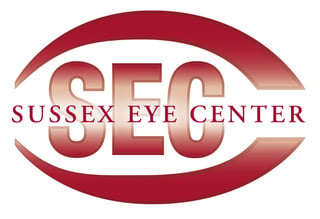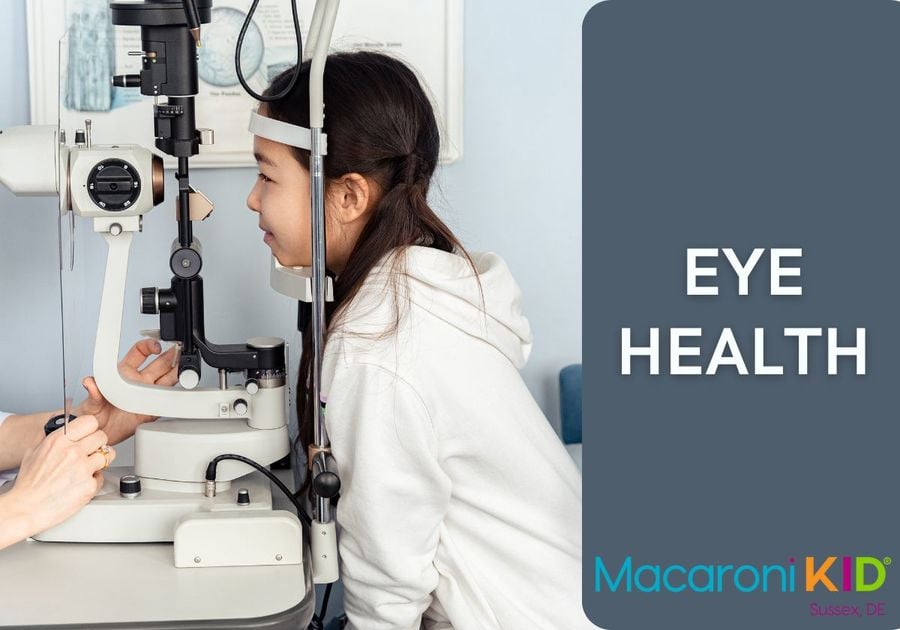August is Children's Eye Health and Safety Month, a great time to focus on your child's vision! Here are some key tips and recommendations for parents:
Schedule Regular Eye Exams:
- This is the most crucial step. Annual eye exams are essential for detecting vision problems early, even if your child doesn't complain of any issues. Early detection allows for timely intervention and treatment, preventing potential learning difficulties and vision impairment later in life.
- Start early! Aim for the first vision screening by age 1 with an Infantsee provider. Your child should then have a comprehensive eye exam around age 3, followed by regular checkups according to your eye doctor's recommendations.
Promote Healthy Habits:
- Limit Screen Time: Excessive screen time can strain eyes and contribute to nearsightedness. The American Academy of Optometry recommends the "20-20-20 rule": every 20 minutes of screen time, have your child look at something 20 feet away for 20 seconds.
- Encourage Outdoor Play: Sunlight exposure helps promote healthy eye development. Aim for at least 2 hours of outdoor play each day.
- Maintain a Healthy Diet: A balanced diet rich in fruits, vegetables, and omega-3 fatty acids can contribute to overall eye health.
Prioritize Eye Safety:
- Sunglasses are Essential: Choose sunglasses with 100% UV protection to shield your child's eyes from harmful ultraviolet rays. Look for a good fit and a wide brimmed hat for extra sun protection.
- Protective Eyewear for Sports: Sports like baseball, basketball, and soccer pose a risk of eye injuries. Ensure your child wears age-appropriate sports goggles or a protective helmet with a face shield.
- Maintain Good Hygiene: Teach your child to wash their hands frequently to avoid spreading germs that can cause eye infections.
Be Observant:
- Signs of Potential Problems: Look for squinting, eye turn, rubbing eyes frequently, holding objects close to their face, frequent headaches, or any unusual eye redness or discharge. These could be signs of vision problems and warrant a visit to the eye doctor.
- Open Communication: Talk to your child about their vision and encourage them to tell you if they experience any discomfort or difficulty seeing.
Additional Resources:
- Prevent Blindness
- National Eye Institute
- American Academy of Ophthalmology
- American Academy of Optometry
By following these tips and recommendations, you can help ensure your child's healthy vision for a lifetime of learning and exploration!
 |
Dr. Kristen Vincent earned her Bachelor of Science degree in Biology with a Minor in Studio Art at High Point University, North Carolina. She continued her higher education at Pennsylvania College of Optometry at Salus University where she earned her Doctorate of Optometry with Clinical Honors. She completed an Advanced Pediatrics and Binocular Vision internship at The Eye Institute in Philadelphia. After graduation, Dr. Vincent completed a Residency in Pediatrics with a focus in Vision Therapy and Rehabilitation.
She is eager to offer the unique specialty service of Pediatric eye care and continue her passion of helping others utilize one of their most important senses, vision, from a young age. Her primary interest is in the assessment and management of learning-related vision issues, and to enhance her patient's whole visual system through the application of lenses, prism, and therapeutic intervention. She also has a strong enthusiasm for developmental eye care and is pleased to be an InfantSee provider. Her goal is to provide proactive and preventative management of children’s vision and to maximize their optimal visual potential.
You can schedule your child's vision appointment with Dr. Vincent at Sussex Eye Center's Georgetown location.
 |



